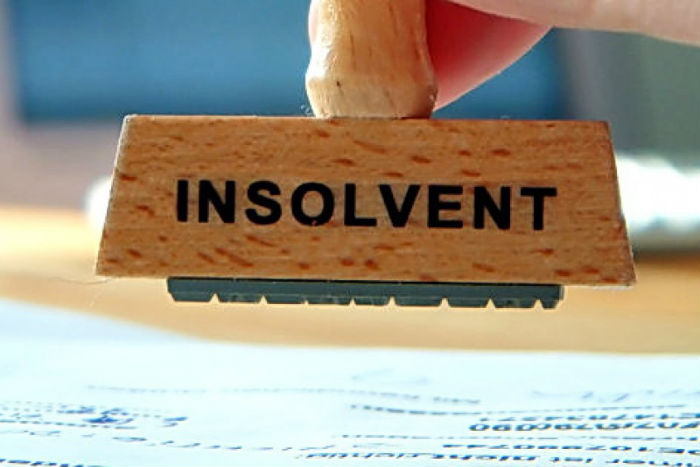UK Manufacturing Sector Insolvencies Rise by 63% Since Last Year
Energy Bills Increased Interest Rates And Shrinking Order Books Are Putting Thousands of Businesses at Risk
Manufacturing insolvencies have increased by 63% since last year, ahead of a wave of business bankruptcies projected this winter as a result of rising energy prices, higher lending rates, and declining order books.
According to Insolvency Service numbers analysed by the accounting firm Mazars, the number of enterprises going bankrupt climbed from 893 in 2020-21 to 1,454 in 2021-22.
Many more businesses are believed to have deliberately ceased operations before running out of finance and becoming insolvent.
Manufacturing groups have warned that hundreds of businesses are on the verge of bankruptcy as a result of the pandemic, Brexit trade barriers, and, more recently, skills shortages and soaring wage bills.
Some businesses’ energy prices are predicted to rise by 300%-400% in October when many fixed-price agreements are renegotiated.
The manufacturing lobby group Make UK said many of its members were struggling to meet the higher expenses of doing business and that the government needed to act immediately to keep them from going bankrupt.
Annette Dolan, managing director of Bath Aqua Glass, estimated the cost of running her glass-making furnaces would rise from £14,000 to £131,000 per year in October.
Speaking on the BBC’s Today programme, Dolan said she was carrying out “drastic planning” every night to try to make sure her 17 staff still had a place to work in a year’s time.
“If you said to me during Covid that after Covid you are going to have an energy bill of £100,000 more than you are paying now I would say don’t be silly, that will never happen.”
“The uncertainty is the terrible thing, and the uncertainty for the country,” she added.
According to Mazars, UK firms are having to cope with supply chain disruption, inflation, rising interest rates, and labour shortages.
Inflation has caused significant increases in input costs for manufacturers, with business energy costs rising by an average of 250% in the first quarter of this year compared to the same quarter in 2021, according to analysts Cornwall Insight.
Interest rate increases imply that already suffering businesses would see their debt costs grow, forcing them into insolvency, according to Julien Irving, a partner at Mazars.
In an effort to keep inflation under control, the Bank of England hiked its base rate to 1.75% in August.
Irving said: “The level of inflation we’re seeing at the moment can be lethal for manufacturers, especially energy costs. Many are unavoidably energy-intensive and such steep rises in energy prices can have a crippling effect on their ability to operate, especially if that cost cannot be passed on to their customers.”
“Rising interest rates are also making it harder for businesses to keep up with the spiralling costs of their debts,” he added.
Online sources: theguardian.com All opinions and views expressed or suggested by the Digital Zeitgeist are not necessarily the same opinions and views held by or suggested by GPM-Invest plus any and all partners, affiliates, parties, or third parties of GPM-Invest. Any type of media distributed by GPM-Invest IS NOT financial advice. Please seek advice from a professional financial advisor

